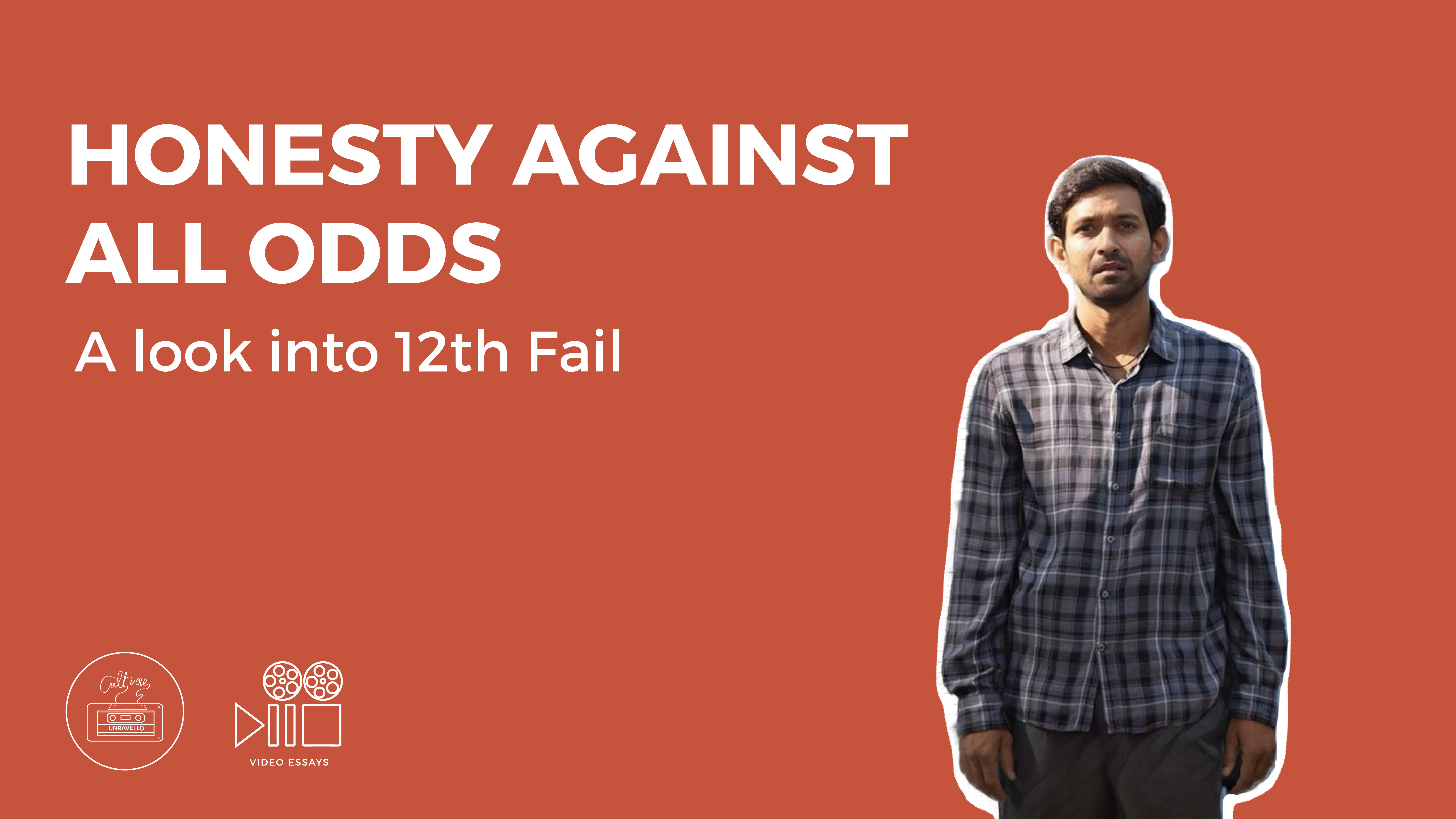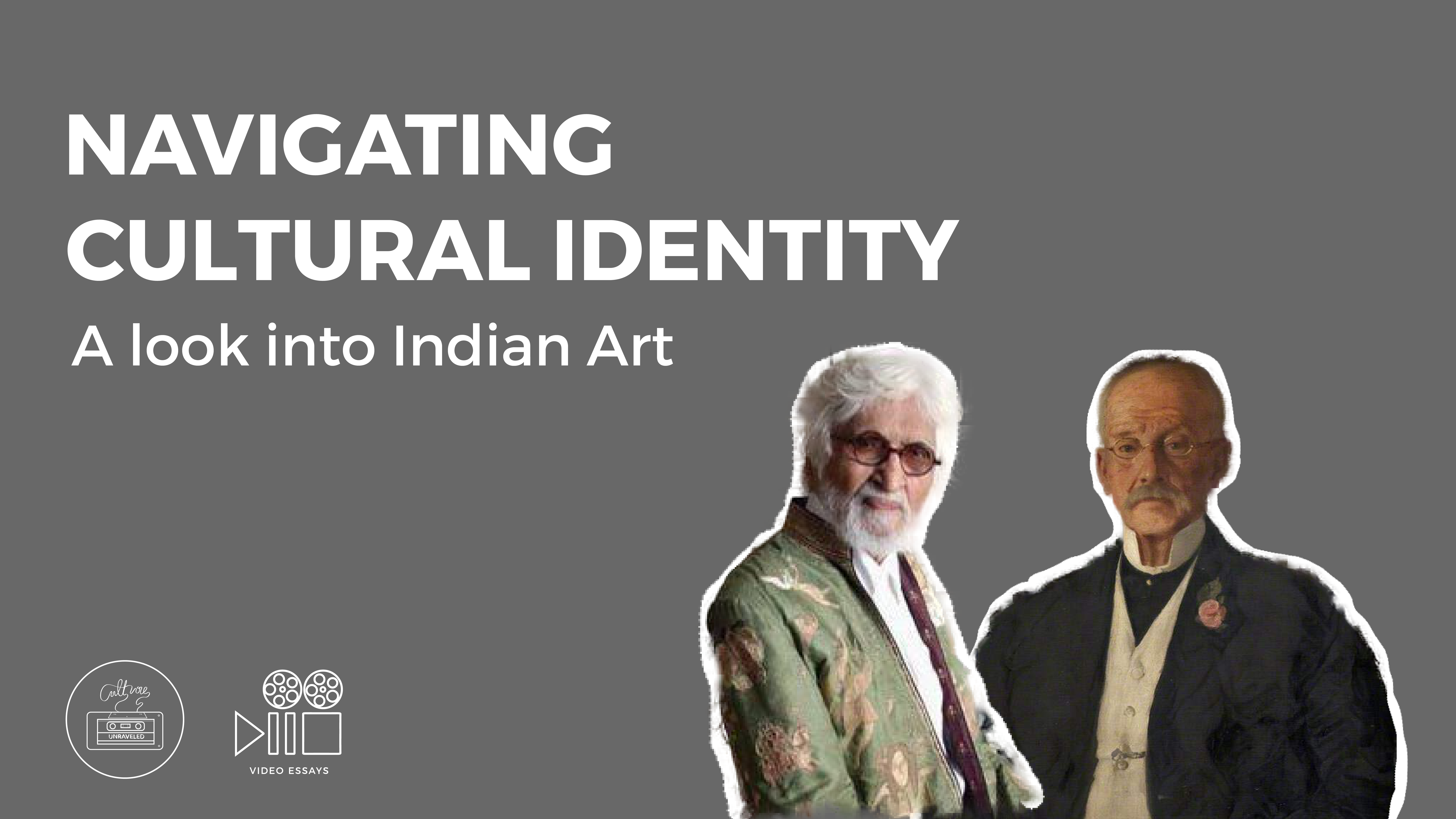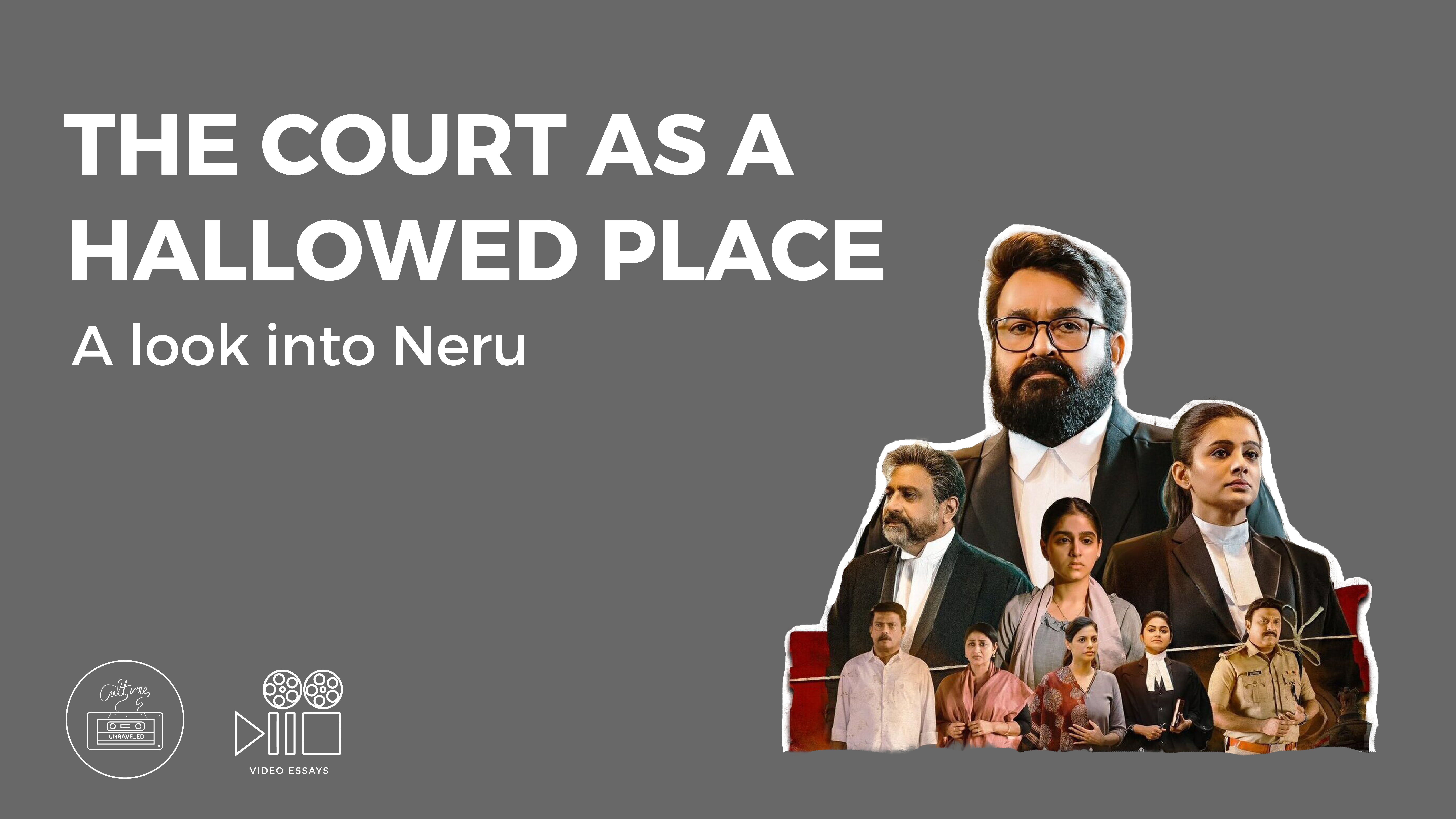
Culture is always talking to us; it is in a constant mode of communication. Culture communicates through its different mediums such as movies, music, books, politics, sports and many more. These mediums express human concerns but taken together these mediums communicate ‘a vision for the meaning of life’.
What is Culture?
One of the ways of defining culture (for the purposes of the article) is the manifestation of the human intellectual achievement regarded collectively (it is also the first definition which pops up when you google the word). The structures within the mind manifest themselves in concrete forms in the world outside. Culture becomes an expression of what Emile Durkheim calls the ‘collective conscious’. Hence if culture is the expression of the deep structures of the mind, then through culture it is possible to trace back the deeply ingrained thought structures that spurned the particular culture.
Behind each facet of culture are deeper presuppositions. What we see through the cultural mediums are only the peripheral out-workings of something much more profound. These presuppositions are deep-rooted and cannot be easily gleaned. They require a different eye to be detected. An eye which is astute and is able to push through the plain structures of culture into hidden recesses of the mind.
The need for Cultural Exegetes
Culture orients the way people think about the world. Cultural texts become maps and scripts that orient the life of the people and give direction. Cultural maps become the default mode of looking at the world. Hence it becomes important for Christians not only to understand the world but also enter it. Christians need to be able to articulate the hidden assumptions of a culture, moving it away from depraved presuppositions to a Bible-centered worldview.
This is a very important task. If the Christian is unable to enter the world of the culture, he would be acting in a way which does not make sense to the larger masses. The Christian has to take them from the familiar to the unfamiliar world of the Gospel. This is almost a paradigm shift in their way of thinking. And so the Exegete has to be skillful and creative in the way he approaches the issue.
When the Pharisees and the Sadducees asked for a sign from heaven, Jesus replied in Matthew 16:2-3:
“When evening comes, you say, ‘It will be fair weather, for the sky is red,’ and in the morning, ‘Today it will be stormy, for the sky is red and overcast.’ You know how to interpret the appearance of the sky, but you cannot interpret the signs of the times.”
Interpreting the signs of the times as stated by Jesus in the Gospel of Matthew is to understand the ‘Spirit’s presence in the spirit of the age’ . To be sensitive to the work of the Spirit in the clutter of every other activity which comes out of culture. An inability to read the signs of the time, says Kevin Vanhoozer, is to commit the crime of the ‘great omission’.
Examples of Cultural Exegetes
Christian History is filled with great examples of Cultural Exegetes. Men of faith who were able to understand their times and develop an effective method of engaging with it. These men were no less theologians but they were much more. Augustine’s “City of God”can be considered not just as a theological treatise but also as a great cultural exegetical book. Through the culture and power of Rome, he was able to construct a wider understanding of the city of man and its contrast to the city of God.
CS Lewis was another towering figure who was able to engage brilliantly with culture (along with many other things). He took on topics such as love, hope, sex, morality, marriage etc. and showed how cultural ways of looking at these important human facets fall utterly short and ultimately lead to destruction. He then moved from there to a Biblical view on the topics. He showed that the only tenable option is to factor in the God dimension.
In our own time we have OS Guinness (RZIM International speaker) who is a very creative cultural exegete. He gives penetrating insights by first stating the existential realities and then laying out the presuppositions which are most likely to bring about such a culture. He navigates through History, Literature, Sociology, Philosophy, Theology to bring about a multi-dimensional understanding of the problems faced by a culture.
These are just a few examples in a list which could probably number more than a hundred. It is good to look into their methodologies and study the different ways they have engaged with culture.
Tools of Cultural Exegesis
Since cultural exegesis is not a simple task and cannot be taken lightly, it requires a collection of skills to be a good exegete. One important skill which is required by an exegete is to have good psychological and sociological depth perception. This is indeed a natural gift but also something that can be honed with time.
Another necessary skill required is to be able to dialectically connect these presuppositions of culture with theological truths and weave both creatively. To first be able to conceptualize this in the mind and then be able to articulate it in a relatable manner. With the advent of social media, a number of ways of articulation has now become possible, much more than before. It can be articulated through blogs, videos, audios, pictures, cartoons and many more.
A common factor we find in many of the cultural exegetes is the ability to be interdisciplinary. They are able to juggle through diverse disciplines such as Literature, History, Philosophy, Psychology, Religion, science and many more. This is a necessary skill for a cultural exegete. Obviously we are limited and cannot have in-depth knowledge of all disciplines, but it is possible (especially with the access to information we have now) to have a good understanding of a wide variety of disciplines. To understand the important tenets of the discipline and the key figures in each and be able to use them to break down or build arguments.
Conclusion
Idols today are not made of gold. They are a number of ideologies which are given to us by the culture around us. They define our values and what is ultimate. Paul Tillich states, “Idolatry is taking a preliminary concern and making it an ultimate concern.” Culture is always churning out these idols. They define the pursuit of a cultural group, they define what goals are worthy to be pursued and where to channelize one’s time and energy.
We need competent cultural interpreters. We need interpreters who are able to expose the futility of holding on to the ideologies predominantly transmitted by culture. Like those who have gone before us, our time too needs creative cultural apologists who are able to passionately insert the Gospel into the culture. Christian Apologists need to be ‘cartographers of a culture’. Apologists who are able to draw out cultural maps which can enable others with ways of understanding the deep-rooted assumptions of a culture. Moving them away from what culture projects to a richer understanding of life which can only be lived in relationship with Jesus Christ.
References
Vanhoozer, Kevin J., and Charles A. Anderson. Everyday Theology: How to Read Cultural Texts and Interpret Trends. Annotated edition edition. Grand Rapids, Mich: Baker Academic, Div of Baker Publishing Group, 2007.
- [1]Vanhoozer and Anderson, Everyday Theology, 28.
- Ibid., 17.
- Ibid.












